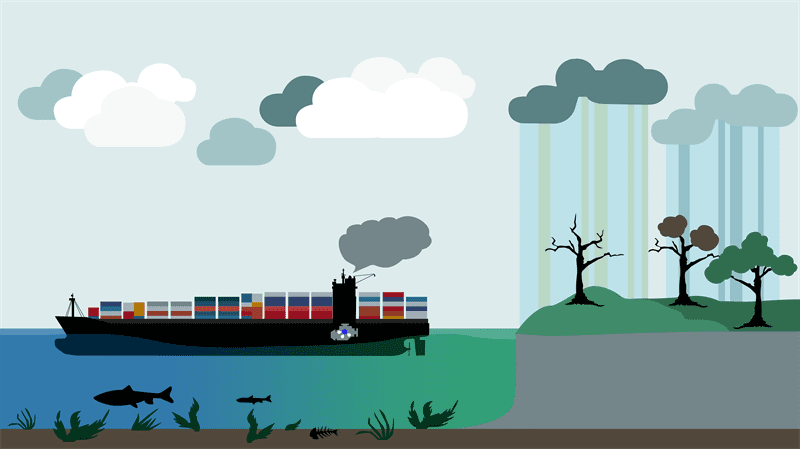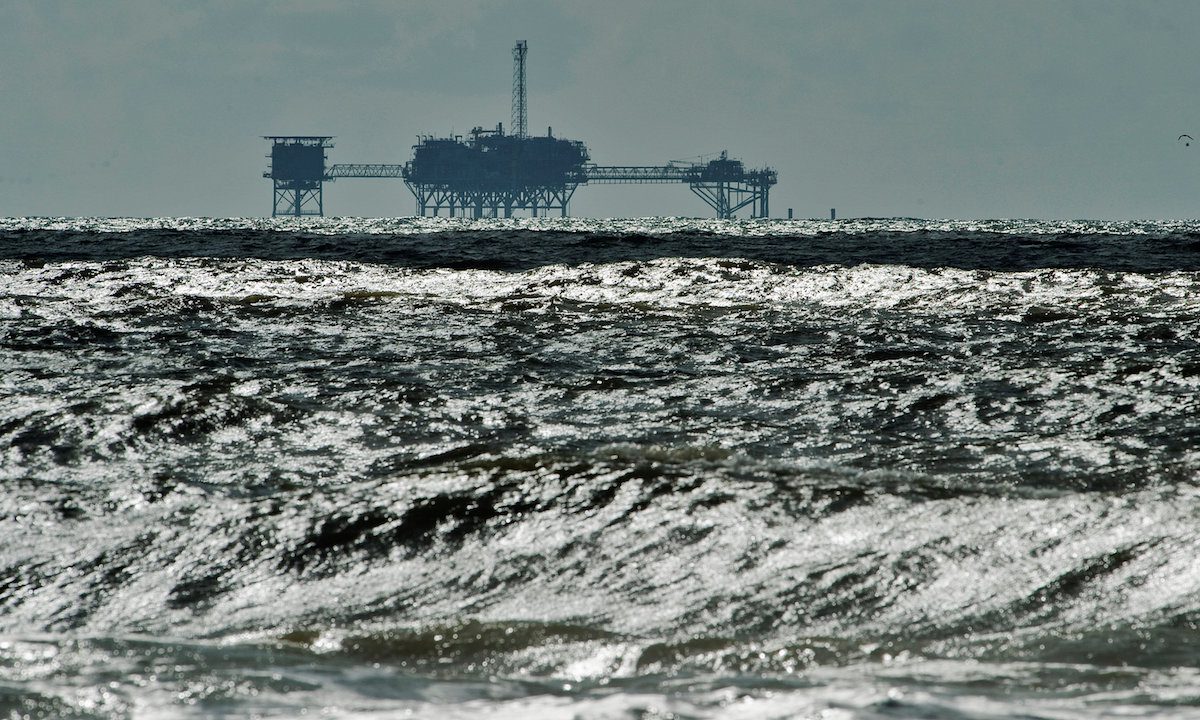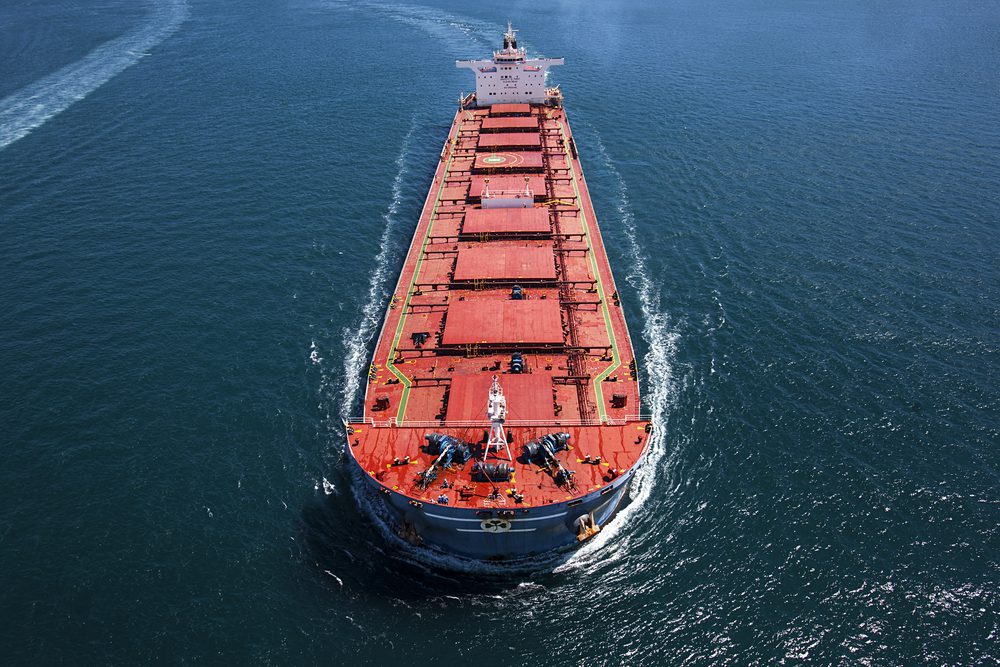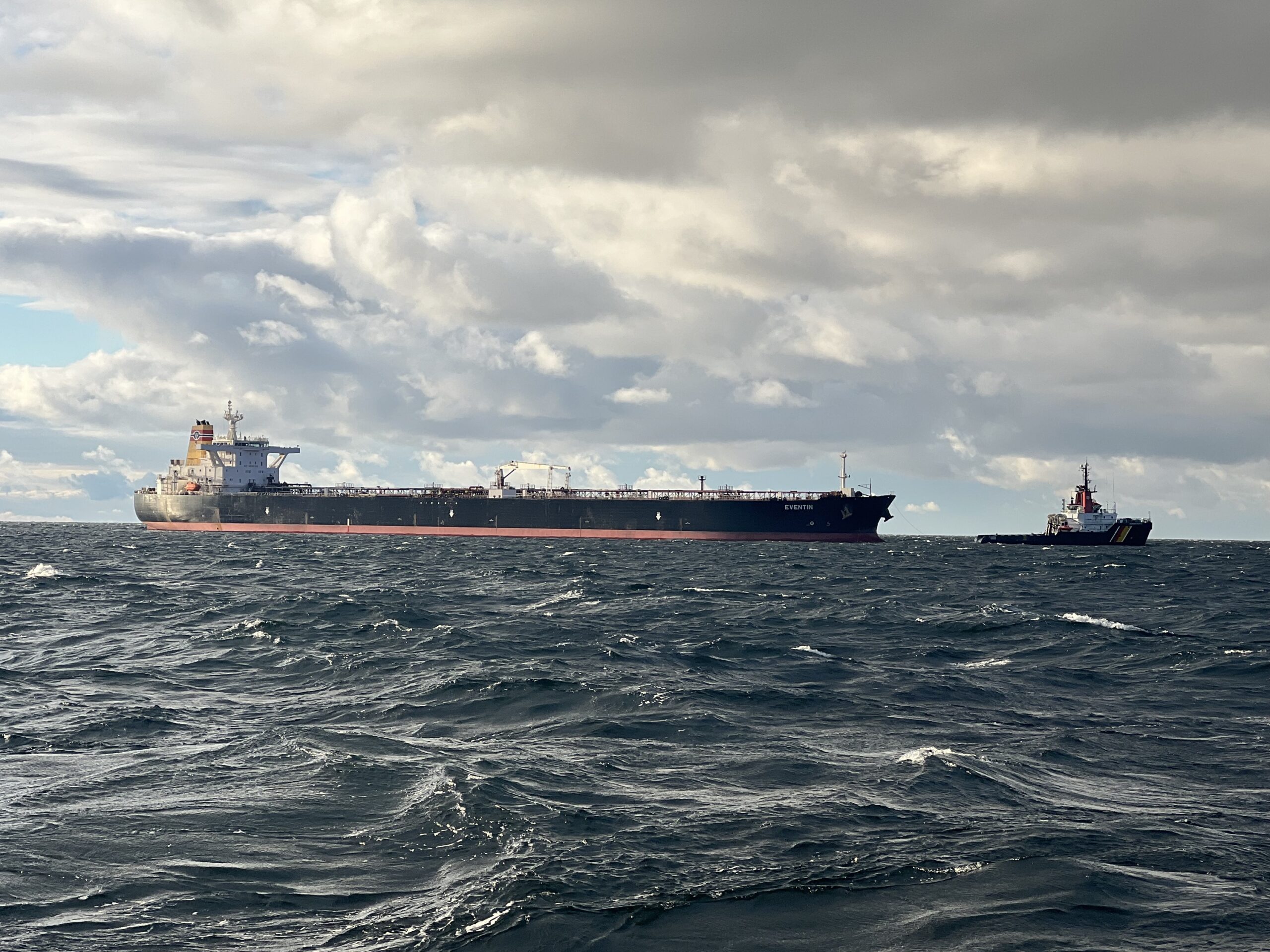A recent study from Chalmers University of Technology in Sweden warns that switching to ammonia as a marine fuel in the quest for decarbonisation could lead to new environmental problems.
The research team conducted life cycle analyses for batteries and three electrofuels, including ammonia. They found that the use of ammonia could cause issues such as eutrophication, acidification, and emissions of a potent greenhouse gas commonly known as laughing gas.
Ammonia, a carbon-free fuel, has been flagged as one of the most promising alternatives for fossil-free marine fuels. Not only does it boast a higher energy density than hydrogen, but it can also be easily liquefied. However, the production of electro-ammonia, which requires electricity, is extremely energy-intensive.
According to classification society DNV, ammonia ranked as the third most popular alternative fuel for newbuild ships in 2023, behind LNG and methanol.
Despite its carbon-free status, burning ammonia in engines is not free from greenhouse gas emissions. Selma Brynolf, a Chalmers researcher and co-author of the paper, highlights that engine tests have shown varying degrees of laughing gas emissions, a greenhouse gas with over 200 times the global warming impact of carbon dioxide.
Fayas Malik Kanchiralla, the lead author of the paper and a PhD student at the Department of Mechanics and Maritime Sciences at Chalmers, calls for a comprehensive risk analysis of a switch to ammonia “There is simply a lack of deeper risk analyses of what a switch to ammonia could mean,” he said.
The study evaluated the technical viability, environmental impacts, and economic feasibility of four types of renewable energy carriers for three different types of ships. These included electricity via batteries, and three electrofuels: hydrogen, methanol, and ammonia. The researchers found that ammonia and methanol were the most cost-effective alternatives.
However, the use of ammonia comes with significant environmental disadvantages. It can affect air and water quality due to ammonia leakage and nitrogen oxide emissions, such as nitrous oxide (NO2) aka laughing gas. The researchers emphasised the need for emission controls, particularly in sensitive marine areas like the Baltic Sea.
Green electrofuels, including ammonia, can have a higher environmental impact than traditional fuels in terms of human toxicity, resource use, and water use, the study found. Ammonia use is also associated with considerable toxicity challenges and risks, which could potentially limit its use to only deep-sea cargo ships.
Kanchiralla concludes that while green ammonia is a fossil-free and relatively clean fuel, it may not be environmentally friendly enough as a whole. He suggests that more risk assessments on ammonia emissions and the related nitrogen compounds are necessary before adopting this fuel for shipping.
“The market is usually drawn by costs, and since electro-ammonia has the lowest cost, the market is aiming towards it. There is a hype around this fuel in shipping today. But if, and when, we make a shift to ammonia, it is to solve the problem of using fossil fuels, and at the moment it seems like we might end up creating more problems instead,” said Kanchiralla.

 Join The Club
Join The Club











